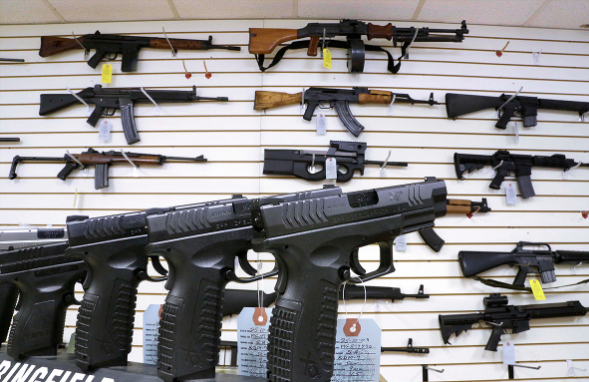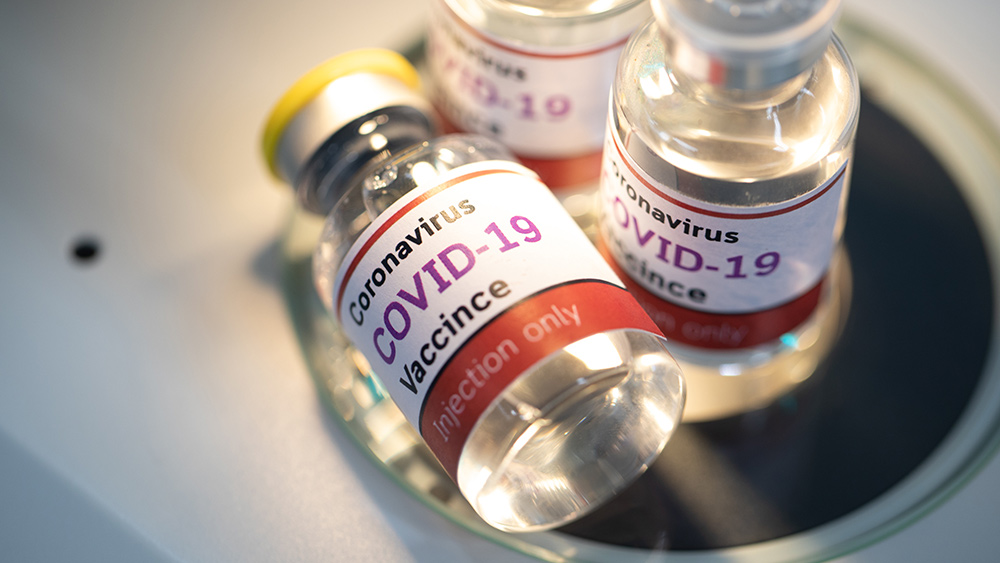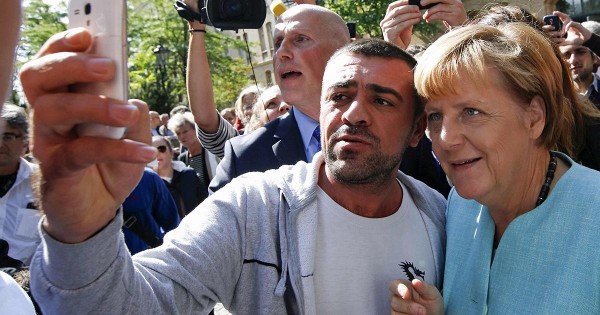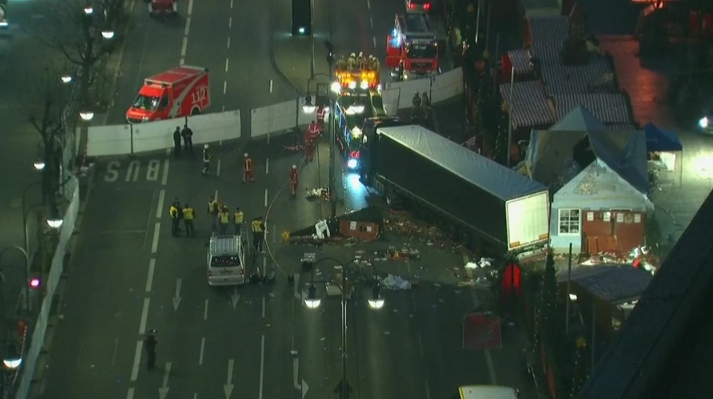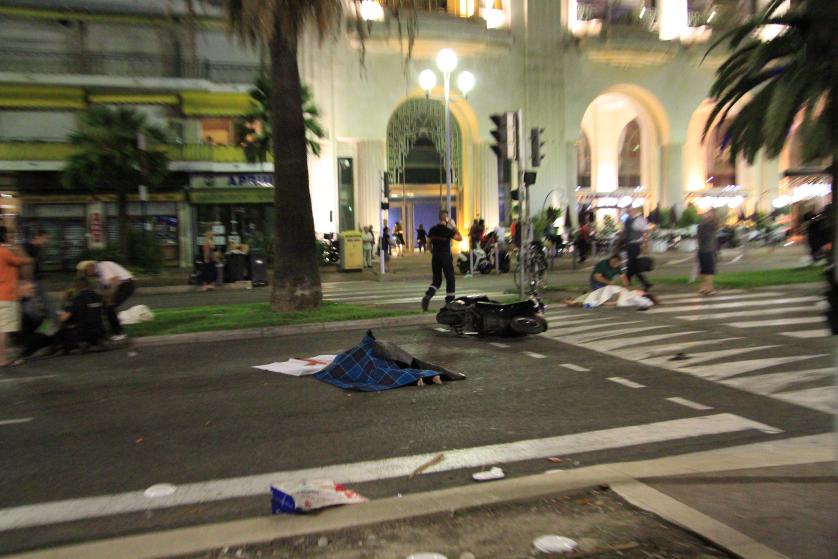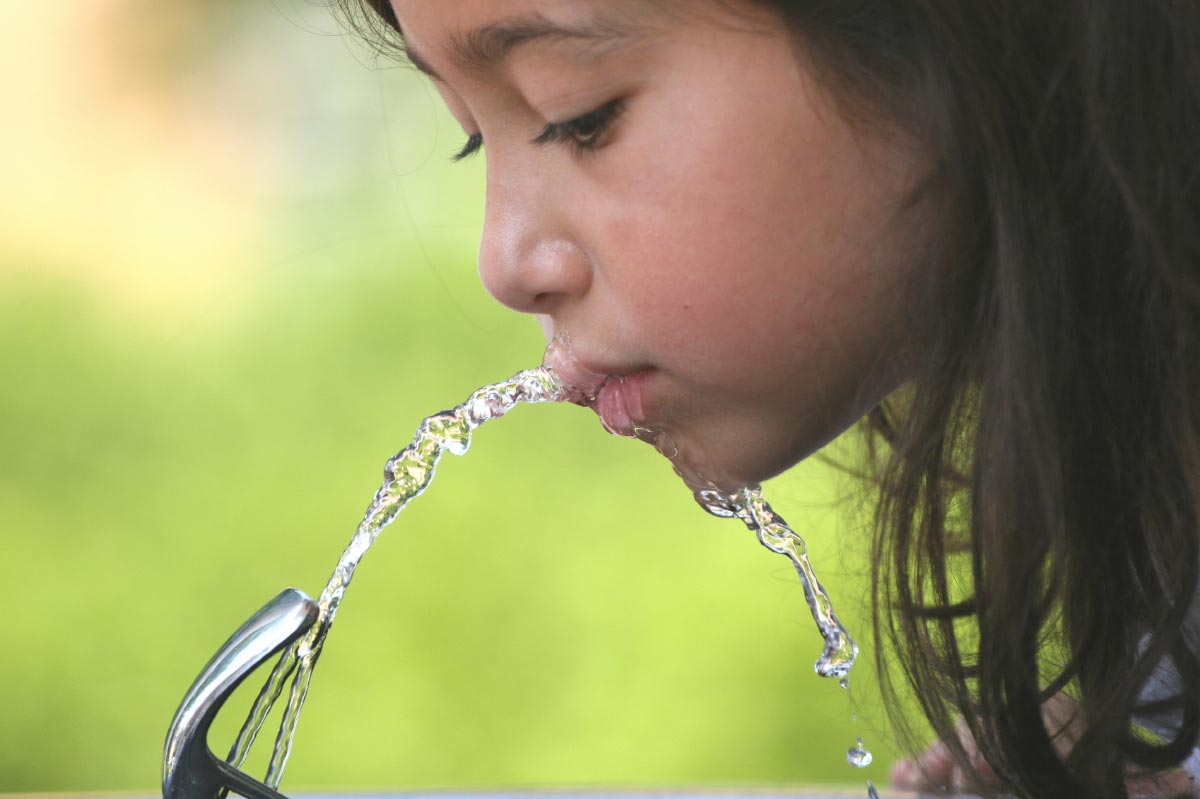
Germany's DWD Weather Service has apparently redefined the term "heatwave" to scare people into believing the climate change narrative.
The DWD seems to have changed the definition of a heatwave so that any brief period of warm temperatures qualifies as one. What used to be defined as a period of five consecutive days with highs over 30 degrees Celsius has been changed to a period of three consecutive days with a high of 28 degrees.
It's not clear when the DWD changed its definition, but the World Meteorological Organization defines a heatwave as five or more consecutive days of prolonged heat with a daily maximum temperature higher than the average maximum temperature by five degrees or more. (Related: What are the odds? The US, Europe, Africa and China are all simultaneously experiencing droughts of epic proportions.)
This does not align with the DWD's definition, which is a regular warm summer weekend for most people and barely hot enough to swim in the daytime.
Germany to install more water fountains to fight "heatwaves"
Meanwhile, the German cabinet approved a draft bill to install more water fountains in cities and municipalities. And if the law passes, local authorities will be obliged to provide access to free drinking water in public spaces as part of their so-called "Daseinsvorsorge," which is a guaranteed basic public services framework.
Environment Minister Steffi Lemke said if municipalities take action, they will be making an important contribution to the health and heat protection of citizens, adding that the recent dry and hot summers in Germany have shown that persistent heatwaves are no longer a rare event.
The draft law states that water fountains must be installed where it is technically feasible and appropriate.
There are around 1,300 water fountains across Germany, as per the Federal Ministry for the Environment. The government plans to install 1,000 more, although there are no specific mandates on their exact number or location.
"We have excellent quality tap water in Germany and it's a pity that people buy so much bottled water and then throw the bottles away, so there's a lot of waste," said Julian Fischer of the nongovernmental environmental group, A Tip: Tap.
"It would be great for everybody to have better access to clean tap water, but particularly for people with less money or, for example, for situations like families going to a playground needing to refill their water bottles. It should be part of civic infrastructure to have water fountains always nearby," Fischer added.
Berlin alone currently has 201 public drinking fountains, with two new ones set to open in Mauerpark, which is a heavily frequented park by the public, and at Schlachtensee, a popular bathing spot.
Jochen Rabe, managing director of the nonprofit Kompetenzzentrum Wasser Berlin, said: "When it's really, really hot in a heatwave, you should have a fountain or at least access to free water within 10 minutes max, particularly with the elderly and vulnerable, who can become dehydrated quite quickly." (Related: 5 Ways to stay cool when SHTF during a heatwave.)
Visit ClimateScienceNews.com for more news about the persistent "heatwaves" in Germany.
Watch the video below to know more about the heatwaves in Europe.
This video is from the Salomo channel on Brighteon.com.
More related stories:
Heatwaves, forest fires in Europe devastate crops and livestock.
Drought in France forces authorities to place new restrictions on water usage.
Heatwave upside: Butterfly populations bounce back in the U.K. after last year's warm weather.
Sources include:
Please contact us for more information.














